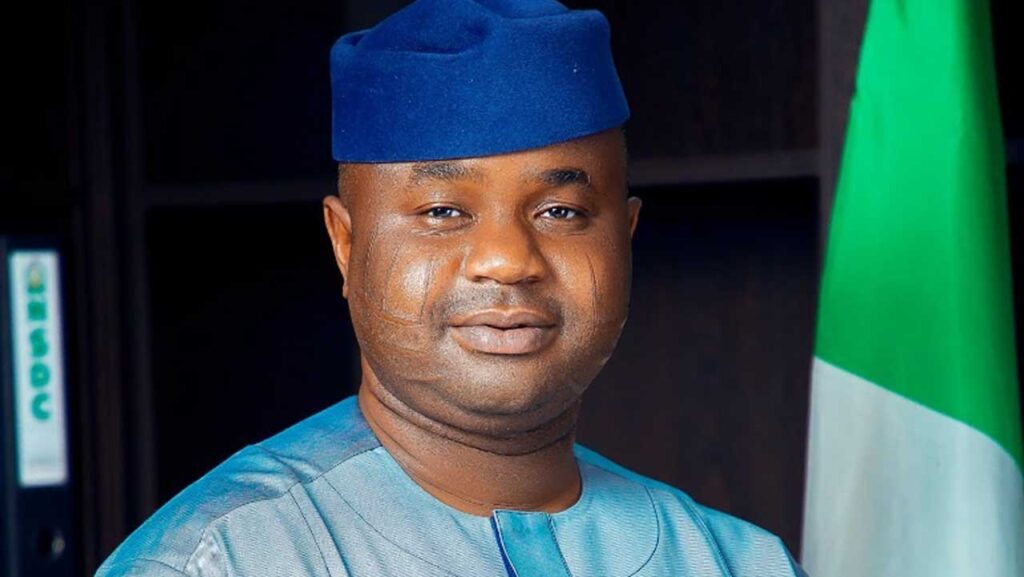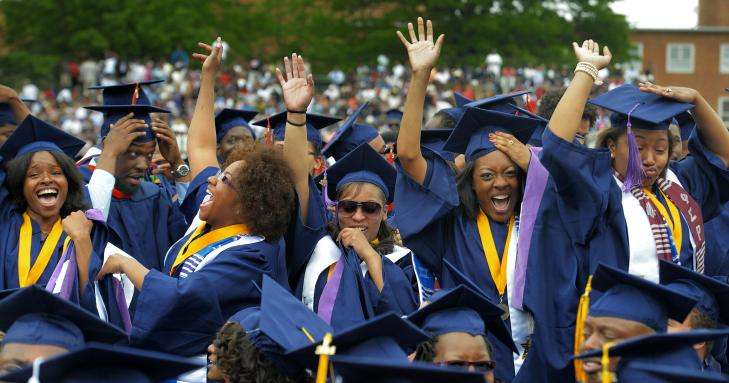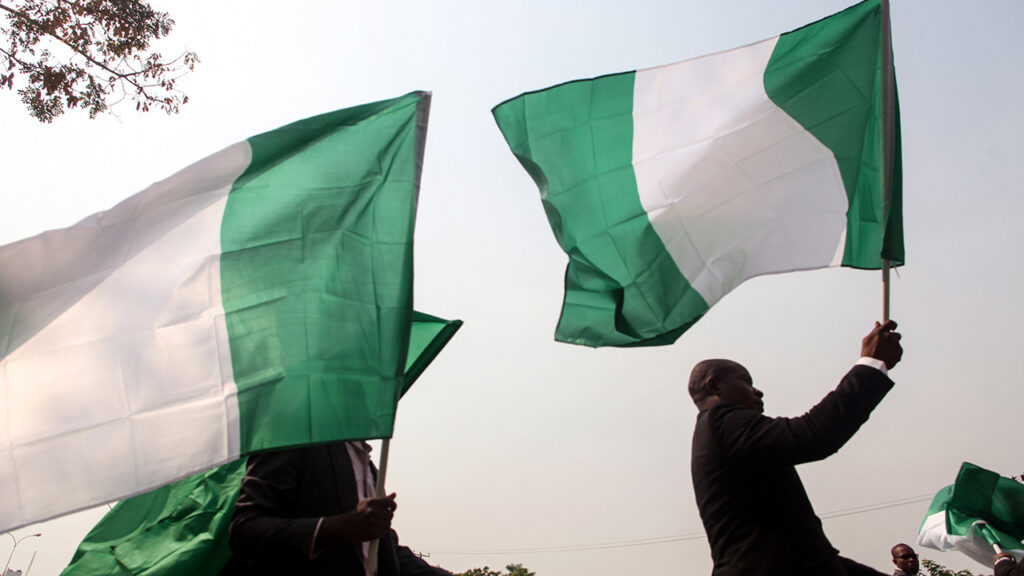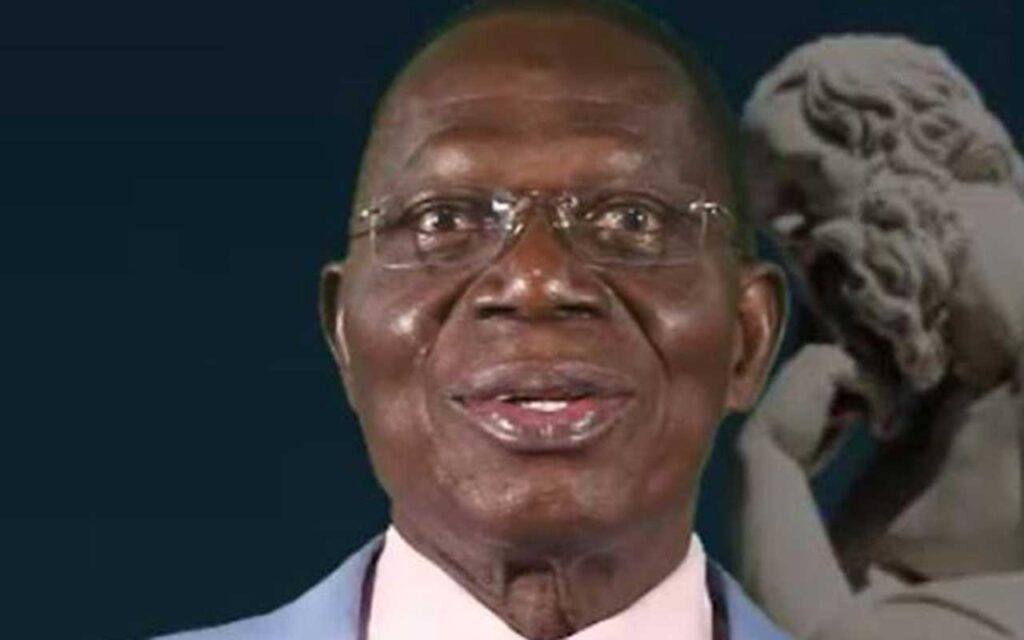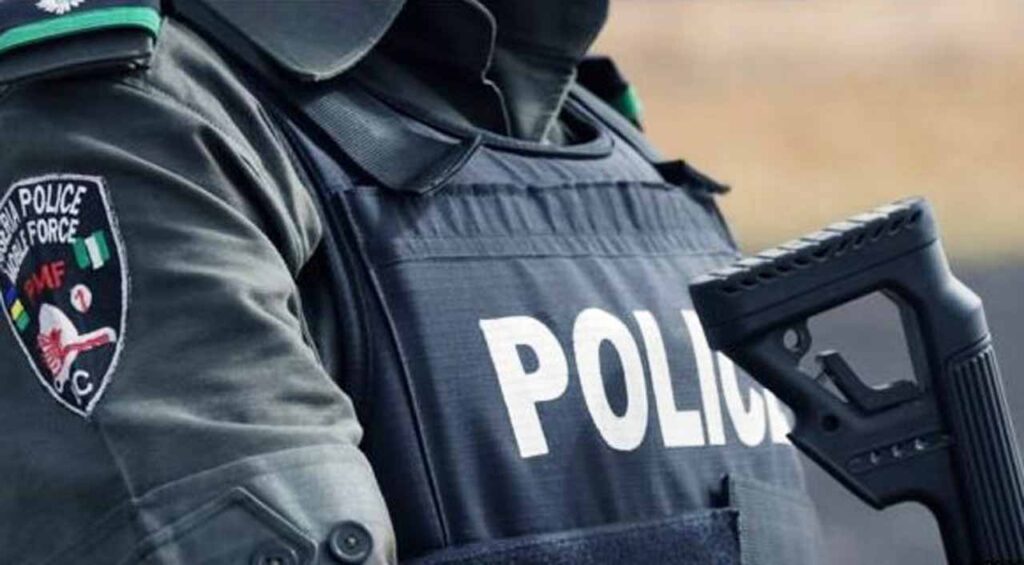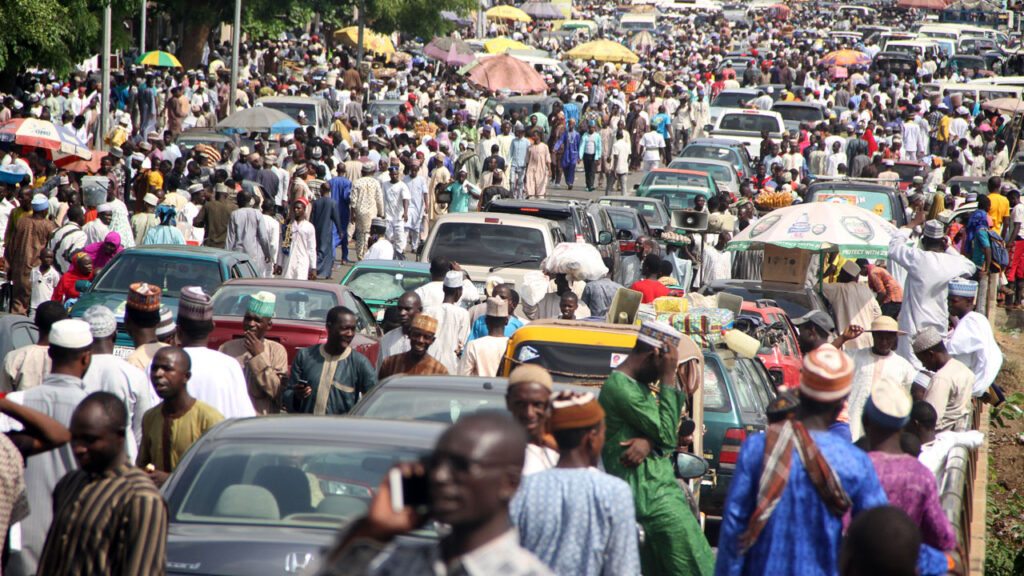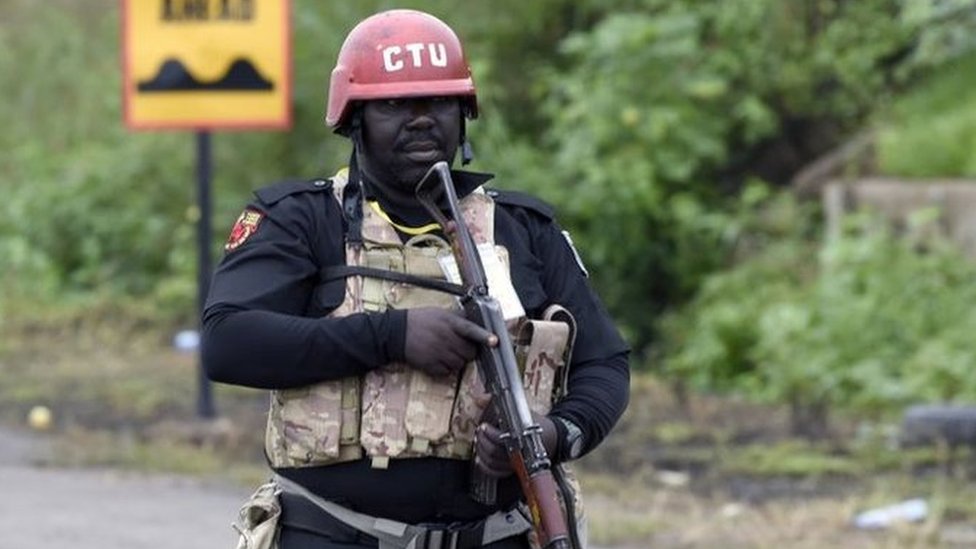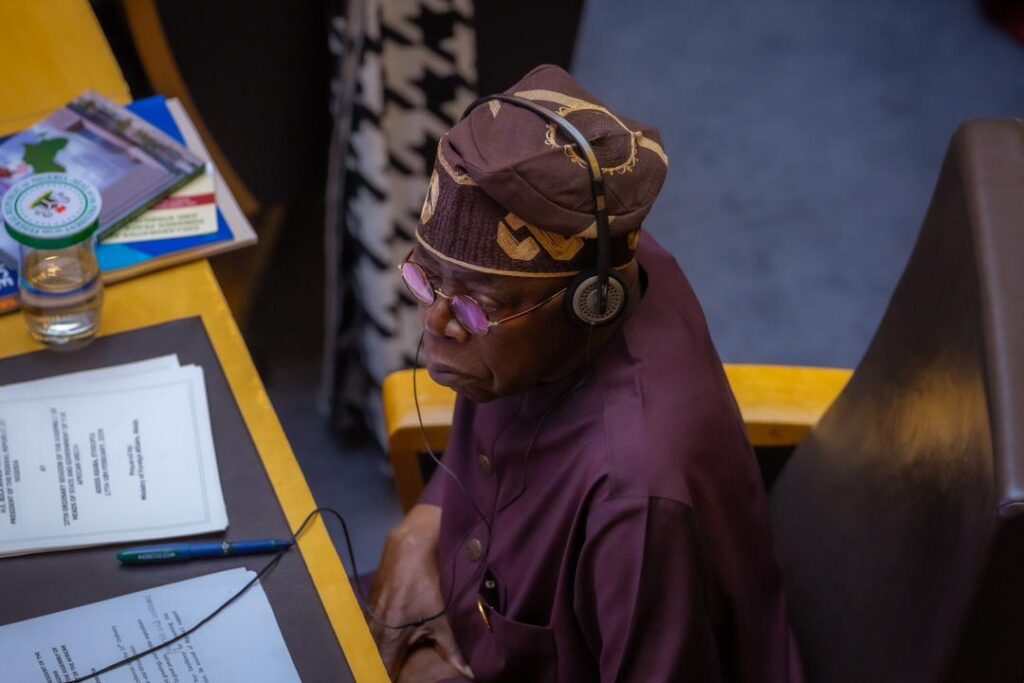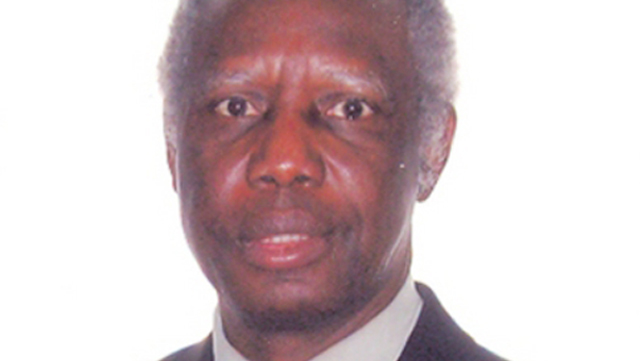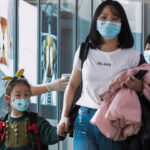
Vaccination efforts against COVID-19 are finally underway. In a global effort that is only as strong as its weakest link, support are going to be urgently required to attain what United Nations International Children’s Emergency Fund has delineated as “one of the most important mass undertakings in human history.” However, as we tend to grapple with the provision obstacles of vaccine delivery for low-income countries, the challenges transcend the requirement for cold chain storage, airfreight distribution, and also the provision of needles and vials.
One of the most important hurdles in reaching the world’s most vulnerable individuals are going to be convincing them that vaccines, and also the individuals providing them, are trustworthy. Winning this trust would require a massive, united effort from governments, public health consultants, humanitarian teams, and native community leaders.
Even before the eruption of COVID-19, vaccination refusal threatened to reverse progress in tackling vaccine-preventable diseases. The World Health Organization named vaccine hesitancy as one of the top 10 global health threats in 2019. This issue of public trust is perhaps the most acute in conflict zones, where individuals have long experienced discrimination, corruption, general social process, and neglect — typically at the hands of their governments.
In places like Syria, Yemen, and Somalia, it is a known thing that a lack of trust in officials has been a particular challenge in disseminating public health information about COVID-19. Public demonstrations and anti-government protests, while initially declining during the onset of the pandemic, have risen again in some countries, underscoring the tension between governments and citizens.
Tensions emerging from vaccine distribution may also lead to violence. A forecast was carried out last year which projected that COVID-19 could ignite conflict in 13 more countries through 2022, resulting in more nations experiencing conflict globally than at any other point in the past 30 years.
Whether intentional or not, uneven distribution of vaccines by governments especially the Nigerian government to ethnic, religious, political, and other groups, or perceived inequities in distribution, may deepen divisions or spark new grievances that feed war.
Nigerians has so far lost trust it its government, health system, and her law makers. When people lose trust in their health authorities and their governments, sound guidance can fall by the wayside. But we can help restore trust in a way that supports both effective vaccine delivery and lasting peace. Lessons from other crises show this.
When the West Africa Ebola epidemic spread across Liberia six years ago, mistrust in government and public health officials was a major barrier to curbing the virus’s spread. Efforts by grassroots civil society and humanitarian organizations focused on addressing the root causes of this mistrust. Spurred by this, the government also shifted to a more inclusive approach, engaging citizens in the health care response.
In Pakistan and Afghanistan, mistrust of health care workers has been a major obstacle for vaccinating people against the poliovirus. Over 40 per cent of polio cases worldwide were recorded there in 2011 and 2012. Organizations such as the GPE Initiative have placed community ownership and trust building at the heart of their vaccination programs.
Over the years, we have seen about 189 countries join COVAX, the COVID-19 Vaccine Global Access Facility aimed at tackling logistical and operational challenges to get vaccines to those in greatest need. Now we urgently need donors and governments to start planning and funding comprehensive community engagement initiatives built on deep and inclusive participation.
WHO and governments should also partner with and fund organizations already on the ground, especially those with an established and trusted local presence preceding the pandemic. This needs to involve local civil society, youth, and women’s groups, and business, traditional, and religious leaders, in a meaningful way — to both design and implement grassroots campaigns that will build trust between communities and their governments, as well as trust in vaccines.
Scientists have shown that with resources and political backup, the previously unimaginable can be achieved. The world now faces a huge task as we gear up for a race to reach all corners of the world with COVID-19 vaccines. As vaccination campaigns roll out, we must ensure that a person’s ability to receive the vaccine is not determined by where they live.
We must also acknowledge that factories, airplanes, and deep freezers won’t be enough if people refuse a vaccine when it gets to them or if they never seek it out in the first place. A truly global rollout of the COVID-19 vaccine will only succeed with the largest and best-managed community engagement and trust-building campaign that the world has ever seen. Let’s start now.


